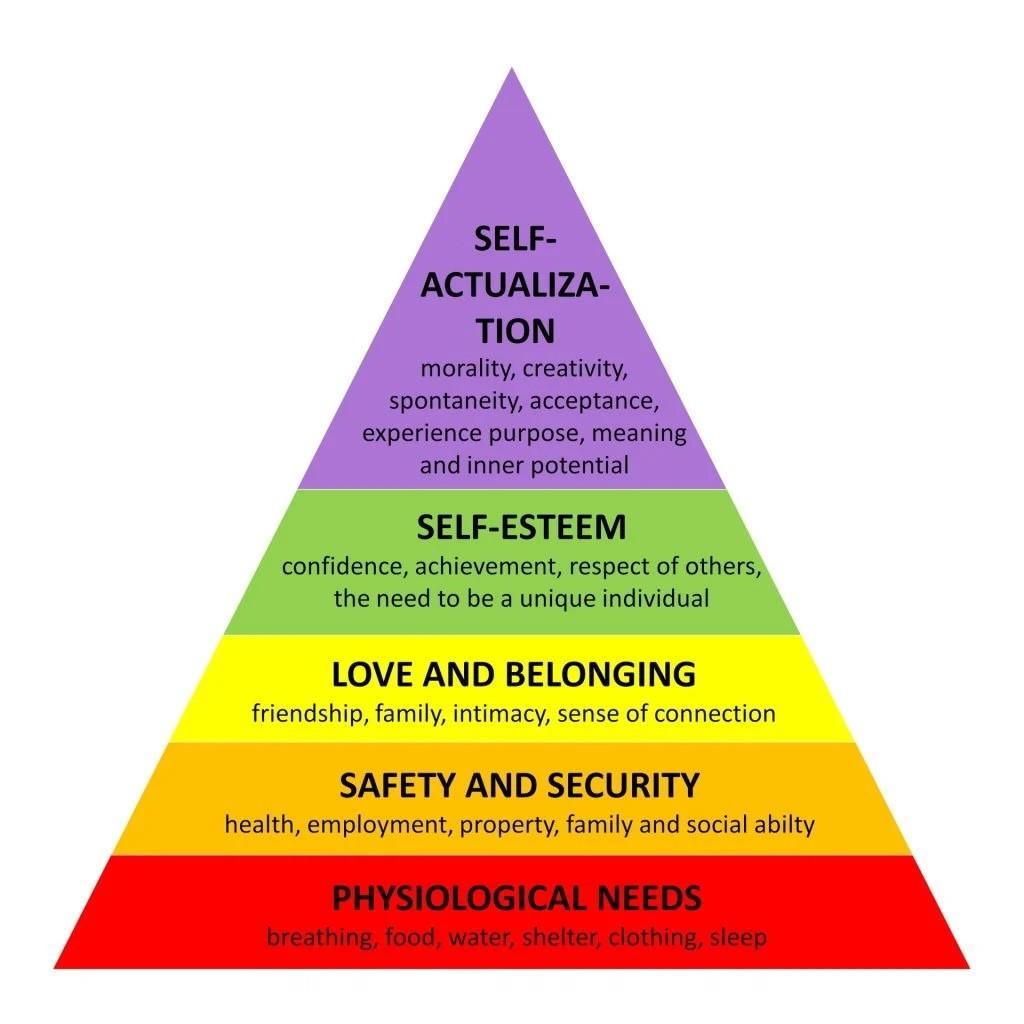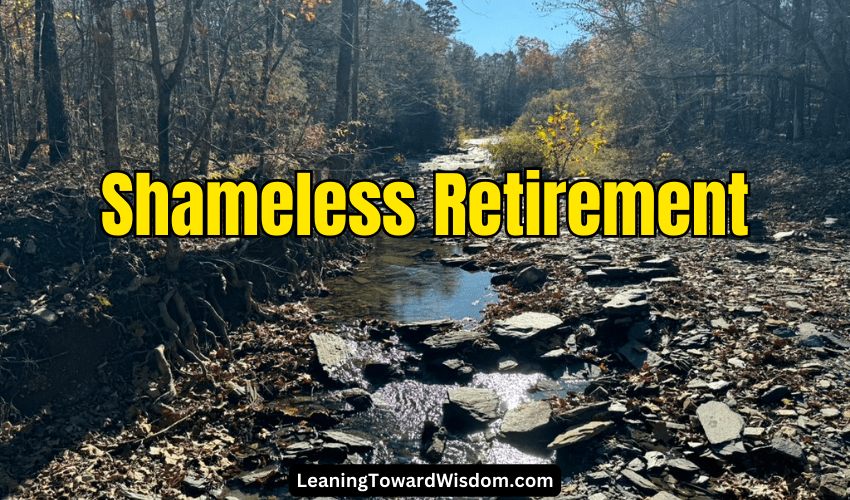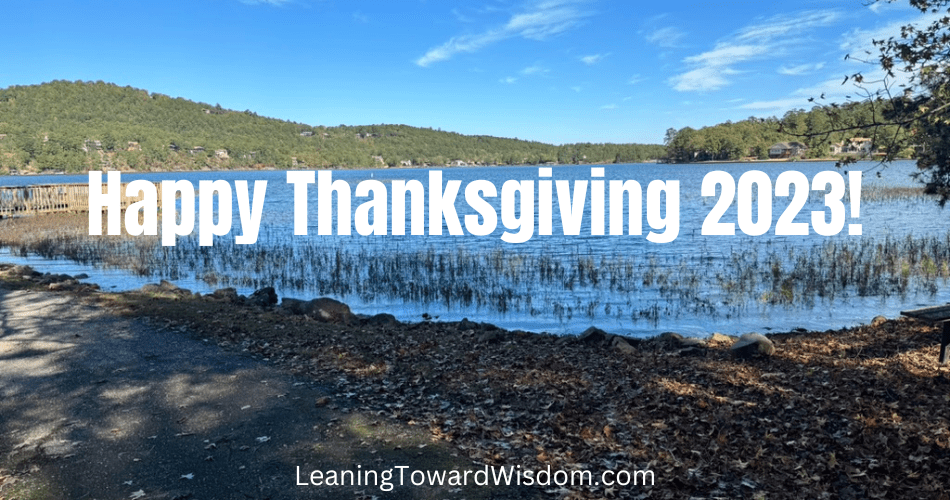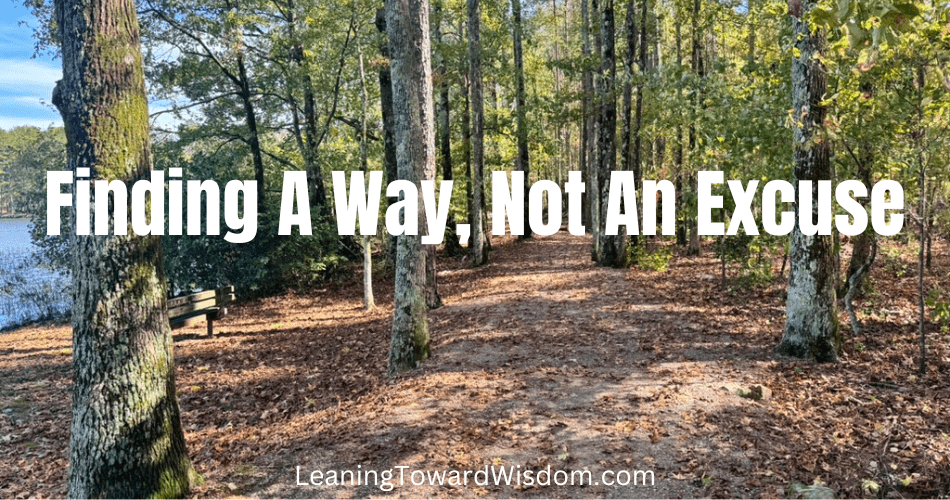Shameless Retirement
Podcast: Play in new window | Download (Duration: 50:58 — 23.3MB)
Subscribe: Apple Podcasts | Spotify | Email | RSS | More
Shameless
An adjective meaning insensible to disgrace
Retirement
A noun meaning a withdrawal from one’s position or occupation or from active working life or the age at which one normally retires
The United States adopted an initial retirement age of 65 with the Social Security Act of 1935. By the mid-20th century, almost all countries had adopted a retirement age of between 60-65. About 40% of Americans receive Social Security retirement benefits as their exclusive income. The average benefit is just over $1700 monthly.
Financial advice is varied, but advisors widely suggest no more than 70% of your retirement income should come from Social Security. If you were to collect the average amount – $1700 – then you’d have a monthly income of about $2400 if that math worked in your life. That’s $28,800 a year, hardly a comfortable living for most people.
However, as of this year (2023), the average check to 65-year-olds is about $2500 a month. Apply that 70% suggestion, then your total monthly income could rise to $3600, or $43,200 a year. That’s $14,400 more than $28,800.
Lots of people are doing the math urging folks to collect Social Security as soon as possible – age 62. For some, that may make sense. For others, it may not. I’m not an accountant or financial advisor. I’m just a guy sitting inside The Yellow Studio making observations about all this now that I’m 66-1/2, full retirement age.
Full Retirement Age
Full retirement age (FRA) is the age you must reach to receive full retirement benefits from Social Security. Your FRA varies depending on the year you were born. The FRA in the United States is 66 years and two months for those born in 1955, increasing gradually to 67 for those born in 1960 or later. Since my wife and I were born in 1957, 66-1/2 is our FRA. I achieved that in November and Rhonda hit it here in December.
Life is more than numbers, but the numbers matter. What about things other than numbers?
Routine and habits tend to overpower older lives. Neuroscience informs us that we’re all subject to habituation.
Habituation
Habituation is a decrease in response to a stimulus after repeated presentations. The American Psychological Association says it involves “growing accustomed to a situation or stimulus,” thereby diminishing its effectiveness.
We commonly call it being stuck. Getting in a rut.
What produces satisfaction or happiness?
Meaning is number one. Control is number two.
We need meaning in our lives. Some way where we measure our worth or value in the world.
We also need a degree of control over our own lives. Freedom is choice – the ability to make a choice is largely how we execute control.
As we grow older both of these can be challenges. No surprise because both are challenges no matter our age.
We’ve all experienced moments where we hit a high in meaning and control. Like that first big raise we got, it didn’t seem to last. Things seem to settle into some sort of a norm sooner than later.
The hedonic treadmill is the idea that an individual’s level of happiness, after rising or falling in response to positive or negative life events, ultimately tends to move back toward where it was prior to these experiences. It’s like that proverbial set point for our weight. Changing that thermostat is hard. Doable, but hard.
This is where habituation is a double-edged sword. It helps us progress and move forward even though it may rob us of some joy. And without habituation, we’re incapable of moving. Imagine having to make every little decision afresh every day. How exhausting would that be? So we need habits to a point. We just need to be mindful of our need for – the benefits of – change! New things. New experiences. New learning. Growth.
Scary can be good. Sure, it can be bad, too. But just because it’s scary doesn’t mean it’s one or the other. It means scary is uncomfortable because it’s outside our habits.
It’s how we effectively combat boredom or complacency. Joy and happiness are not the result of boredom or complacency.
Meaning. Control. Happiness. Joy. Fulfillment. Contentment. Purpose.
Pile on top of that some other words.
Overhead. Expenses. Income. Savings. Bills.
Add still more.
Family. Relationships. Community.
These aren’t age-specific terms. Whether we’re young, old, or somewhere in between these words all matter. Some bubble up to the top and overpower the others. Then they fall back down somewhere on the hierarchy of what matters most to us. In that moment. It’s that roller-coaster that is our life as we navigate challenges, opportunities, and whatever mundaneness rules our lives.
The other night Rhonda and I are watching Outlander. She’s read the books and we’re now up to season 7, the most current one. Well, as with most great stories, there’s lots of action. Constant drama. Ongoing challenges and difficult circumstances. Jamie and Claire are the main characters, a husband and wife. I said, “They can’t just settle on a little farm somewhere and live a happy life.” Rhonda replied, “There wouldn’t be much of a story to that.” Exactly.
But so often we claim we’d prefer this trouble-free existence. A life where everything is boring and mundane. But if we had a life like that we’d grow disengaged, disinterested, and ridiculously miserable. Research has shown if you put people in a room with nothing to do except to give themselves a mild shock, they’ll shock themselves. Just to feel something. Just to do something. Instead of sitting passively doing nothing except being alone with your thoughts, you’ll shock yourself. Fascinating proof that we crave engagement.

Maslow’s hierarchy of needs is a motivational theory in psychology comprising a five-tier model of human needs, often depicted as hierarchical levels within a pyramid. I suspect once you move up past the first and second levels things can vary depending on how we roll, but I don’t think there’s much doubt that those first two are real survival needs, which is why money is so important. Whether it’s income or savings, money enters and exits our lives daily because we have physical and safety needs. We need a place to live. Food to eat. Clothes to wear. A place to sleep. And we need to know we’re not going to constantly fight to stay alive in the process.
As we get older those first stages of needs can become more challenging. It’s amplified when control begins to slip away, too. Meaning erodes, too. It’s a recipe for late-life misery.
Age takes a toll on all of us. Just recently President Jimmy Carter buried former First Lady Rosalynn Carter, his wife of 77 years. President Carter is 99. Age doesn’t care any more than death. Death, which ideally is preceded by old age, comes for everybody. And however difficult youth may seem, old age is more difficult, but hopefully, life has taught us the resolve needed to navigate it successfully. Hopefully, we’re surrounded by family that will help us. Still, it’s up to each of us to do our part to battle what we can, accept what we can’t battle, and keep moving – even if it’s a mere inch at a time – forward toward what is next.
Now What?
It’s the most important two-word question I know to ask of myself or those I coach. As I stare into an abyss of misery presented in the form of some current challenge, I ask myself, “Now what?” Now what am I going to do? Now what’s my best move forward?
As I help somebody staring into their own abyss, I ask of them, “Now what?” Now what do you want to do? Now what are you going to do?
No point in fixating on how we got here except to learn from it.
No point in finger-pointing so we can assign blame.
No point in feeling sorry for ourselves.
No point in assuming the role of a victim. We may think that’s helpful, but it’s not.
Mostly, we’re the victims of our own making. Not always, but much of the time.
Shameless retirement is about owning it. It’s about figuring out how we can best move forward later in life. It’s not about resignation from growth, learning or improvement. Rather, it’s about figuring out to to keep making those components remain vital in our daily existence.
Some days you eat the bear. Some days the bear eats you.
a proverb meaning sometimes you win and sometimes you lose; everybody has successes and failures
Still, we press on. Unashamed. Because our progress is our own unique journey that we hopefully share with somebody we love – and somebody who loves us. And more than maybe ever before, it’s about behaving in a way where we have pride in ourselves, but not because what we’re doing is performative. It’s not about showing off, but it is about showing ourselves.
The old couple has been married for almost 60 years. Their little frame house was built about 40 years ago. They bought it new. Less than 1000 square feet has defined their married life as far as a house goes. They drive a modest little Toyota. About 8 years ago they constructed a small, micro-bedroom suite in their basement to see if they might rent it on Airbnb. Turns out it resulted in nightly rentals of about $50, which made an enormous difference in their financial lives. A godsend they’ll tell you.
They seem quite contented. Happy even.
Game nights with neighbors. Friends who have lived around them for years occupy their lives.
I have no idea what their financial situation looks like, but it appears their needs are met and financially, that’s good enough. Those other needs seem to be well under control as they march forward day by day. Month by month. Year by year.
Does it matter if miles away some other couple, years younger, may occupy a million-dollar house on a lake? Nope.
Does it matter if somebody else – even a close neighbor or friend – has an investment portfolio that makes them look pathetic? Nope.
Does it matter how they stack up financially, emotionally, physically, or spiritually to anybody else? Nope.
And it’s got nothing to do with retirement really. Or being older. Mostly, it seems to have to do with living without shame. Living respectfully, respectably, honorably. Being the best human we know to be. Putting in the hard work to build the highest integrity possible.
I’ll add to it – because I’m an unashamed Christian – devoting ourselves fully to God, the Creator.
The Apostle Paul wrote to the congregation in Rome in Romans 1:16 “For I am not ashamed of the gospel, for it is the power of God for salvation to everyone who believes, to the Jew first and also to the Greek.”
Contrast that with another scripture that properly depicts a life of depravity, selfishness, and sin.
Jeremiah 6:15 “Were they ashamed when they committed abomination? No, they were not at all ashamed; they did not know how to blush. Therefore they shall fall among those who fall; at the time that I punish them, they shall be overthrown,” says the LORD.”
Shame is helpful when we’re deserving of it. When we’re wrong it can help us course correct.
Shamelessness is beneficial when we’ve earned it. When our behavior gives us no reason to be ashamed.
Not because we’re better than somebody else because we can always find somebody doing it worse than us.
Not because we’re worse than somebody else because we can always find somebody doing it even worse.
Shame and shamelessness are uniquely our own merit based on right and wrong. Some of that, spiritually is an absolute truth, based on the Bible as the Word of God. Some of that, as in how we manage our retirement, is uniquely our own decision to navigate it however we choose.
I would hope by the time we reach retirement age we’ve learned a valuable lesson. What others choose to do in their retirement has no impact on us…unless we let it!
So what have I learned now that I’ve reached full retirement age…and now that I’m days away from getting my first Social Security check?
I could pine about what I might wish I’d done sooner, but that’s past and I now don’t have statistical time to do anything about it except perhaps to pass it on, but I’m going to refrain. Because if you’re younger, you stopped listening thinking, “Retirement? I’m decades away from that.” And if you’re older, then you’re in the same boat as me – it’s too late to do much about it now. For example, I could tell you I wish I’d invested MORE, earlier and just let it sit in something steady and slow like an S&P Index fund. But since I don’t really feel like I’ve got decades to ride out the stock market fluctuations, that’s not really helpful to me now. 😉
Here’s what I have learned that may be helpful though.
It’s your life, your money, and your choice. Nobody else gets a vote or a say. Unless you decide you’ll give it to them. Don’t.
It’s your responsibility. All of it. You’re not a victim except of your own bad decisions. Don’t repeat them. Fix them if you can. If you can’t, figure out the best way to move forward in spite of them.
It may not be what you most hoped for, but it can still be alright. Again, you must find a way forward. If that means lowering your expectations, then get busy and get ‘er done! Life isn’t going to wait so don’t waste it.
Debt will destroy you. Ditch it as quickly as possible. If you don’t have it, don’t take it on now. Other than health, it’s the single biggest game changer in determining the quality of your life.
Make up your mind to finish strong. Even if your start, or middle wasn’t spectacular…remember it’s how you finish. So finish strong!
Others. It’s not about you. It’s about your impact on others. Be as impactful as you can – in all the best ways. Do for others what they might be unable to do for themselves. Let service define your life. You get to decide what that looks like for you. I spend hours a day listening to people as they battle their challenges. I podcast. I create. I write. I preach. The root of it all is my urge to make a positive difference for others. Fundamentally it’s selfish I suppose because it may do much more for me than it does for somebody else. I do it because I’m wired for it, I love it and I learned long ago – I’m good at it.
Cash flowing life is for me the very best choice! Retirement doesn’t mean not earning income. I continue to work. The work isn’t the same. But income matters and I’m now focused on how much time I’ll trade for how much money. It’s a two-fold equation. How do I want to spend my days? How much do I want to earn? I’m harmonizing the two. For me, that works. You do you.
My financial goals have changed through the years. Today, I want to earn as much money as I make through Social Security. As a couple, if we can match that with our monthly earnings we’ll be more than comfortable. It’s not about opulence or being fancy. It’s about contentment and resting easy. Free of fretfulness and worry. As much as possible.
About a year ago I began to carefully plan this stage of life. As I put numbers into a spreadsheet of projected and real monthly expenses I had an epiphany. And I am just a man in search of an epiphany. I started thinking of income in terms of months of expenses. It happened when I put some money into a high-yield CD. When the CD matured I realized the return would be equal to a few months of total overhead. That made me start thinking in those terms. With investments and income. The game grew and became this question, “How many months of expenses can I defray – and how quickly?” So if a CD investment can shave off 2-3 months of expenses, then that leaves me with 9-10 months of income I need to earn to offset the balance of months.
Figure out what game you want to play and enjoy it. Embrace it. Execute it. Make the most of it and if it works swimmingly, great. If it doesn’t, adjust.
Fall in love every day.
Romans 5:8 “But God demonstrates His own love toward us, in that while we were still sinners, Christ died for us.”
Establish your own priorities. This one is mine. I don’t always get it right, but it’s a constant point of emphasis. God comes first. He demands it.
I fall in love with Rhonda every single day. I chose to because I chose her. As we approach our 46th wedding anniversary I refuse to let complacency or boredom rule our marriage. I refuse to let any other human become a bigger priority. It doesn’t mean I love the rest of my family less because we all have a greater capacity for love than we likely realize. It means she’s THE priority for me though. And I hope to behave in a way that I continue to help her fall in love with me more every day.
Laugh. Smile.
It’s a verb. An action word. Do it. Find a way.
You see me post lots of cartoons. Ballard Street. Herman. Far Side. They make me laugh. Smile. Funny is a big part of my daily existence. I’m always interested in things I find funny. Like music, I can’t imagine living without humor.
Cry. Embrace sorrow.
Not just for yourself, but firstly, for others. Let the tears move you to do something if you’re able. If you’re not, let tears move you anyway because it means you’re not past feeling. It means your empathy is intact and that makes you a better human.
Give it a moment or a time. Don’t fall into a hole of darkness that’s hard to pull away from, but lean into sadness or sorrow. Know why you’re feeling what you’re feeling.
Share. Don’t go it alone.
Be vulnerable with somebody. We’re all fighting a fight. We’re all happy about something. We need others to laugh with, to cry with, to plan with, to make our lives fuller. Richer.
We also need people who will push us to become better.
Some weeks ago upon greeting a client, I inquired how life was treating him. He said, “I couldn’t be better.” I replied, “Sure you could.” We laughed. It’s what I do. I laugh. I challenge. He knows I have no dog in the hunt except to help him become better. Always better!
Surround yourself with somebody – or a group of somebodies – who can do that for you.
Expel the unsafe people from your life. All of them. As quickly as you can.
Don’t confuse this with people who want your best and challenge you. While you need those people to be safe, understand their safety is because they have only your best interests at heart. There’s nothing in it for them except seeing you succeed.
Unsafe people are those people who do not have our best interests in mind. They’re only thinking of themselves. They want what they want and they mostly want you to conform to whatever will help them achieve their outcome. They’re filled with harsh, critical, self-based judgment and any errors or mistakes you make will probably be publicly held against you. In a word, they’re toxic.
You can’t get them out of your life fast enough. I’ve never anybody err on the side of removing such people too quickly. Mostly, because I don’t think it’s possible.
Keep asking, “Now what?”
Today is a page. Perhaps an entire chapter. As long as you’re alive you’re writing your life. Don’t stop writing.
Turn the page and figure out how to create the most profitable chapter you can today. Right now. This moment.

Please tell a friend about the podcast!
• Join our private Facebook group
• Email me
Help Me Reach My $1,000 Goal
I plan to start vlogging from Hot Springs Village, Arkansas because the place is spectacular.
The scenery will make for a great backdrop. Plus, there are many places I’d like you to see.
To help, click the link (or the image below) to donate any amount you’d like.
Amazon Gift Certificates (use RandyCantrell [at] gmail [dot] com).
Thank you!
Shameless Retirement Read More »






